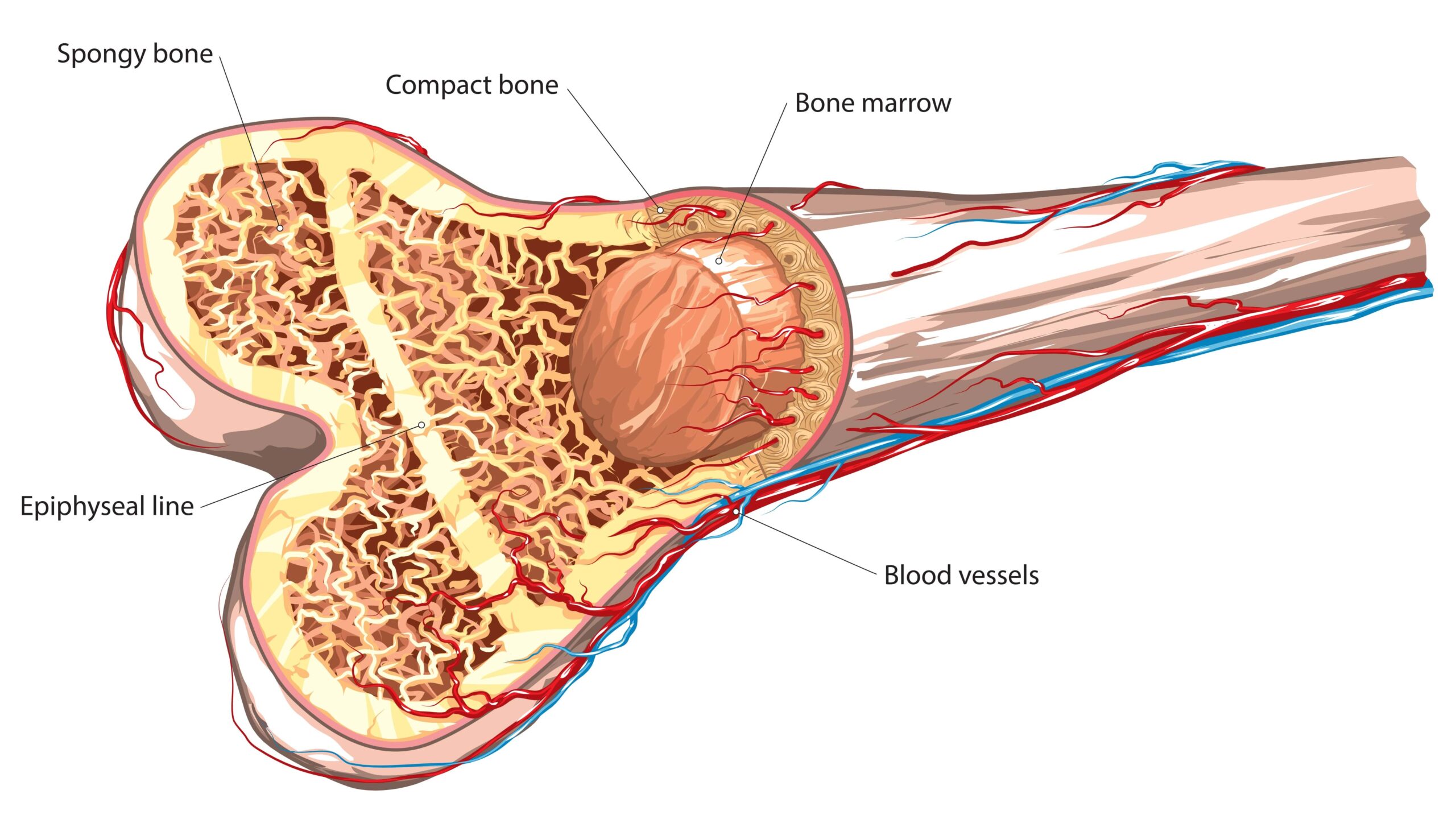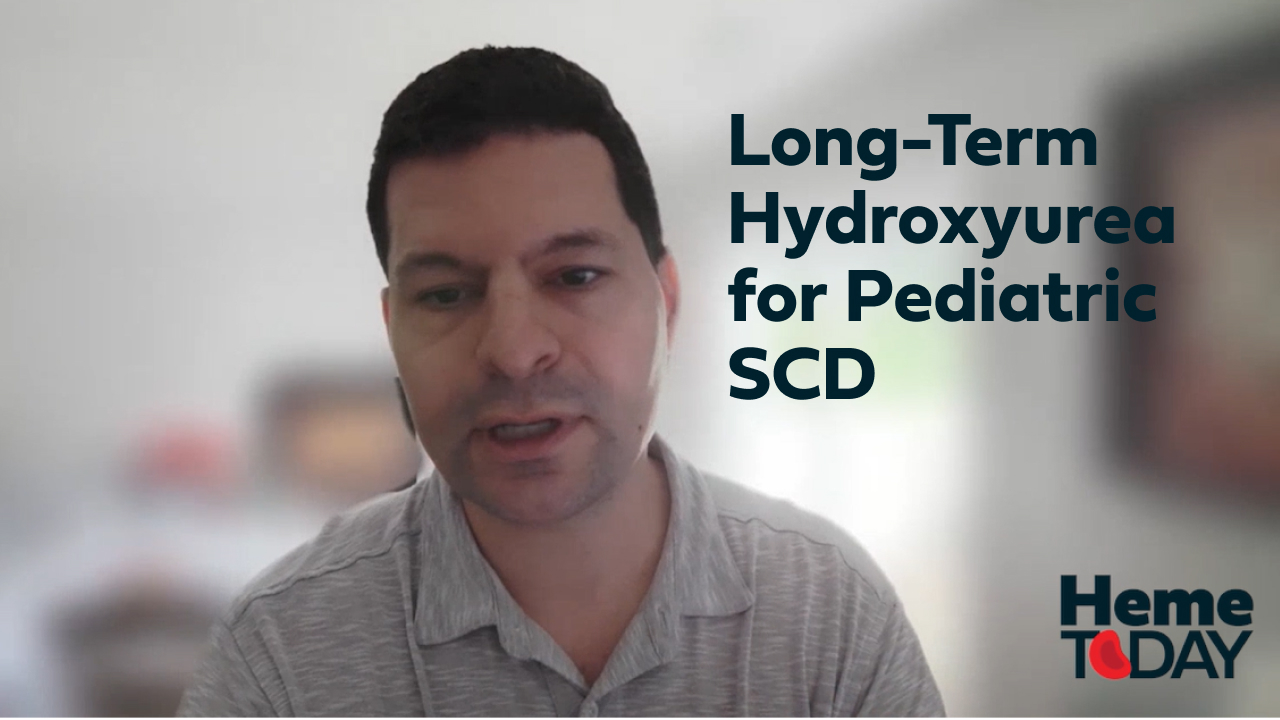
Anemia
Advertisement
Iron deficiency anemia was associated with 39% increased odds of stroke, independent of the risk factors for stroke.
Reactive oxygen species levels decreased and patients with evident bone marrow failure showed hematological response.
The study led by Paul George, MD, PhD, also highlights the importance of patient regimen adherence to secure these benefits.
In a phase 1 trial the product performed favorably in aplastic anemia, myelofibrosis, and hypoplastic myelodysplasia.
The FDA granted orphan drug designation to rilzabrutinib for warm autoimmune hemolytic anemia and IgG4-related disease.
The oral agent exhibited promising hemoglobin response performance and safety in this stage of an ongoing phase 2/3 study.
Imetelstat is indicated for patients with lower-risk MDS who had an unsatisfactory response to or are ineligible to ESAs.
A prospective study involved ultrasound imaging of patients' carotid arteries to evaluate for structural changes.
Further study is needed to determine if a particular eGFR biomarker best predicts cardiovascular risks.
Study data show the VAS-101 gel formulation helps preserve therapeutic efficacy and extend useful longevity of stored RBCs.
A systematic review found IV administration to have fewer postoperative complications and better quality of life.
Before performing allogeneic HSCT in AA patients, clinicians should measure ANC as a prognostic factor.
Oral and intravenous iron supplementation effectively treated restless legs syndrome in patients with iron deficiency anemia.
Intravenous iron was safe and effective in pediatric patients with iron deficiency anemia and inflammatory bowel disease.
Delaying treatment for SAA until genetic testing for IBMFS may be detrimental in patients with negative workup and history.
The MAA for RP-L102, an investigational gene therapy for Fanconi anemia, has been approved by the EMA.
Dr. Sharathkumar shared data from her 2024 ASPHO presentation on romiplostim in children with severe aplastic anemia and MDS.
The European Commission approved an expanded indication for luspatercept as first-line therapy for anemia in lower-risk MDS.
The US FDA has approved vadadustat to treat anemia due to CKD in adults who have been on dialysis for at least three months.
The US FDA ODAC voted that the benefits of imetelstat for managing anemia in lower-risk MDS outweigh the risks.
Advertisement




















 © 2025 Mashup Media, LLC, a Formedics Property. All Rights Reserved.
© 2025 Mashup Media, LLC, a Formedics Property. All Rights Reserved.